
For the Puritans, embracing God’s will could get dangerous
The group at the heart of American origin stories had a complex relationship with despair – and a need to reckon with it
by Alexandra M Lord

The group at the heart of American origin stories had a complex relationship with despair – and a need to reckon with it
by Alexandra M Lord

If you have bipolar disorder, you can learn to play an active role in managing your symptoms and live a fulfilling life
by Kim Pape & Sheri Johnson

A metaphor for depression became a catalyst, and I started to reinvent my approach to suffering
by Tasha Eichenseher

Some people tune into bodily sensations while daydreaming, others don’t – with implications for anxiety, depression and ADHD
by Leah Banellis
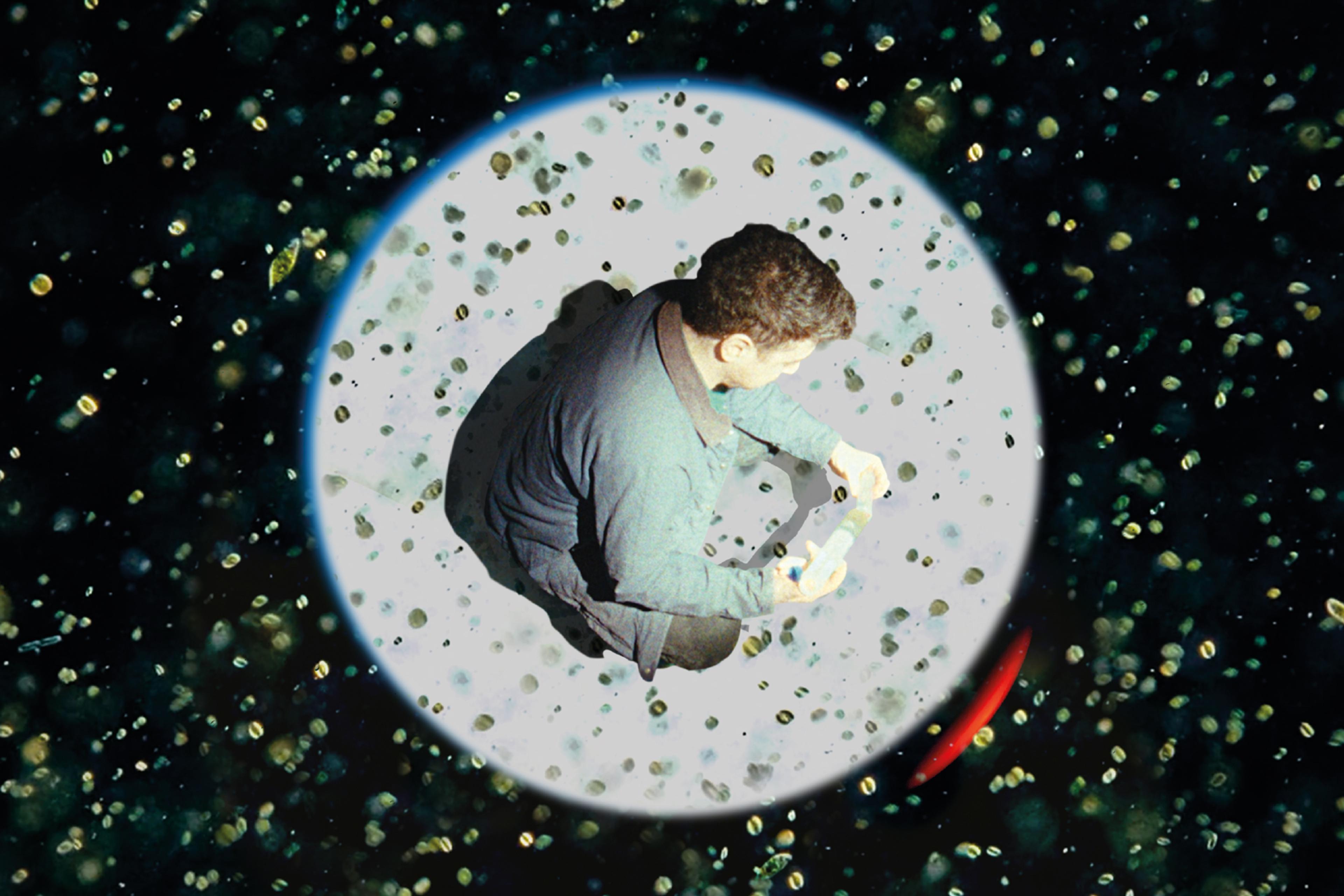
Directed by Spencer MacDonald
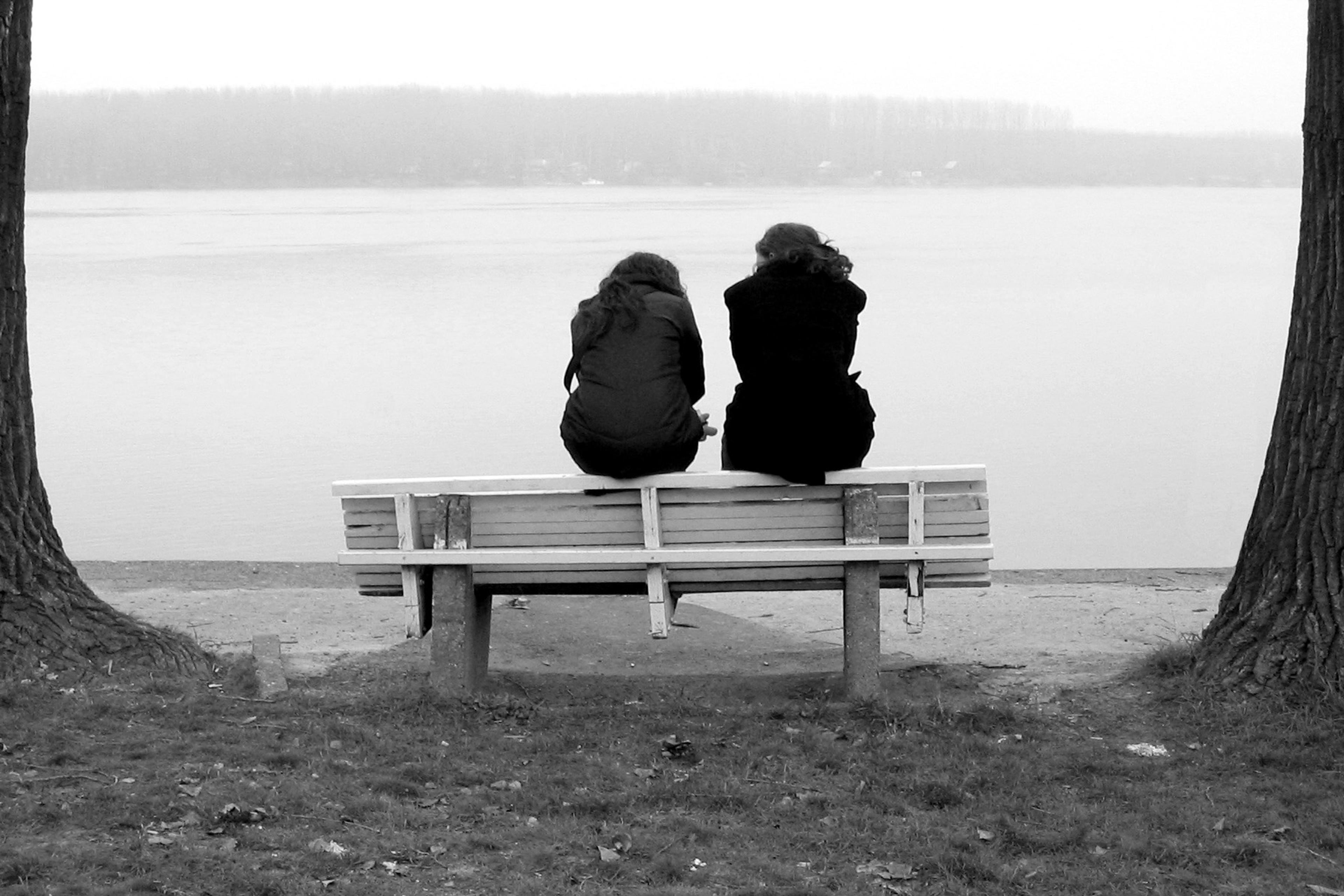
Being there for someone can be challenging. A clinical psychologist shares what to say and do to help them feel less alone
by Emma Cotterill
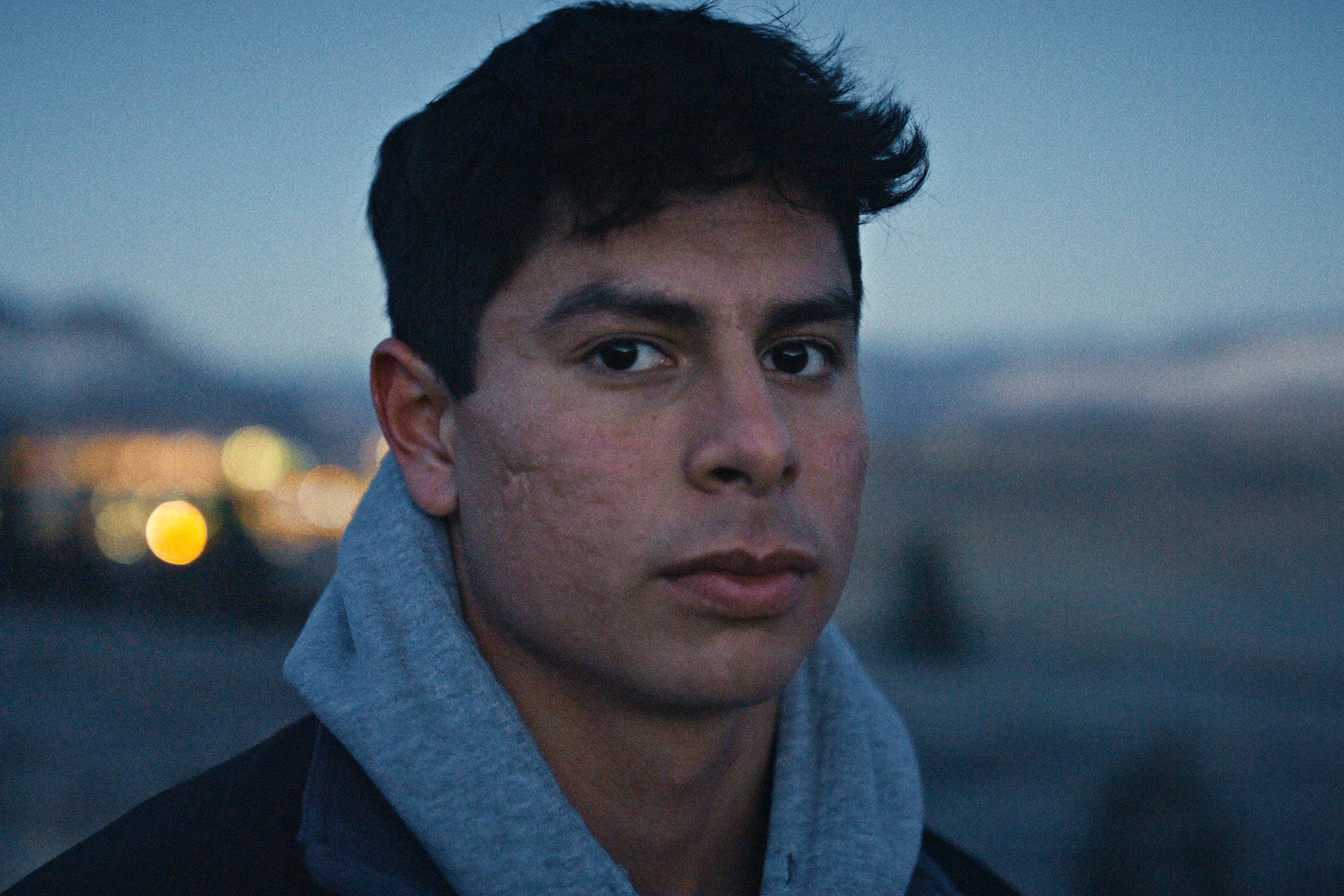
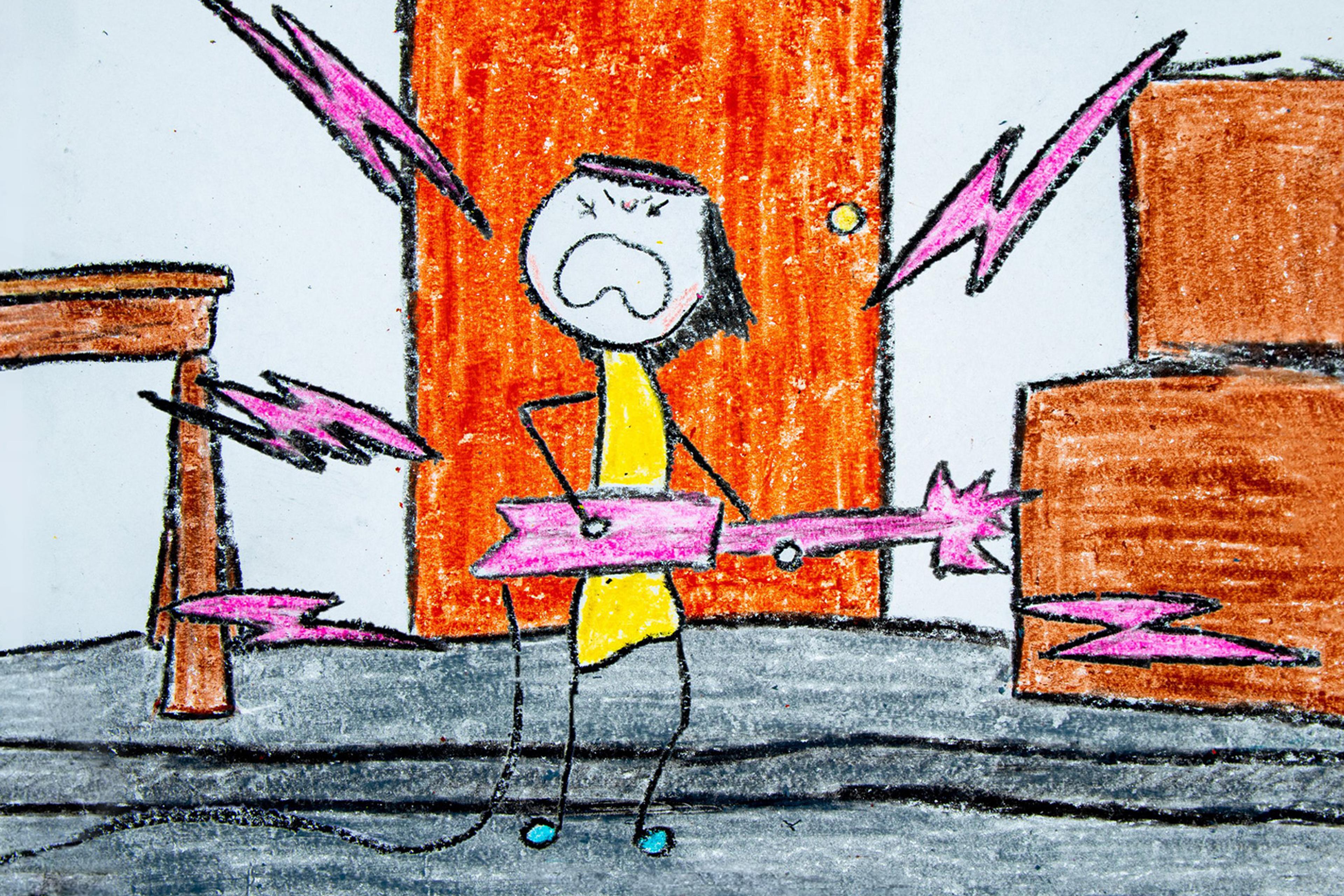
Directed by Ethan Barrett
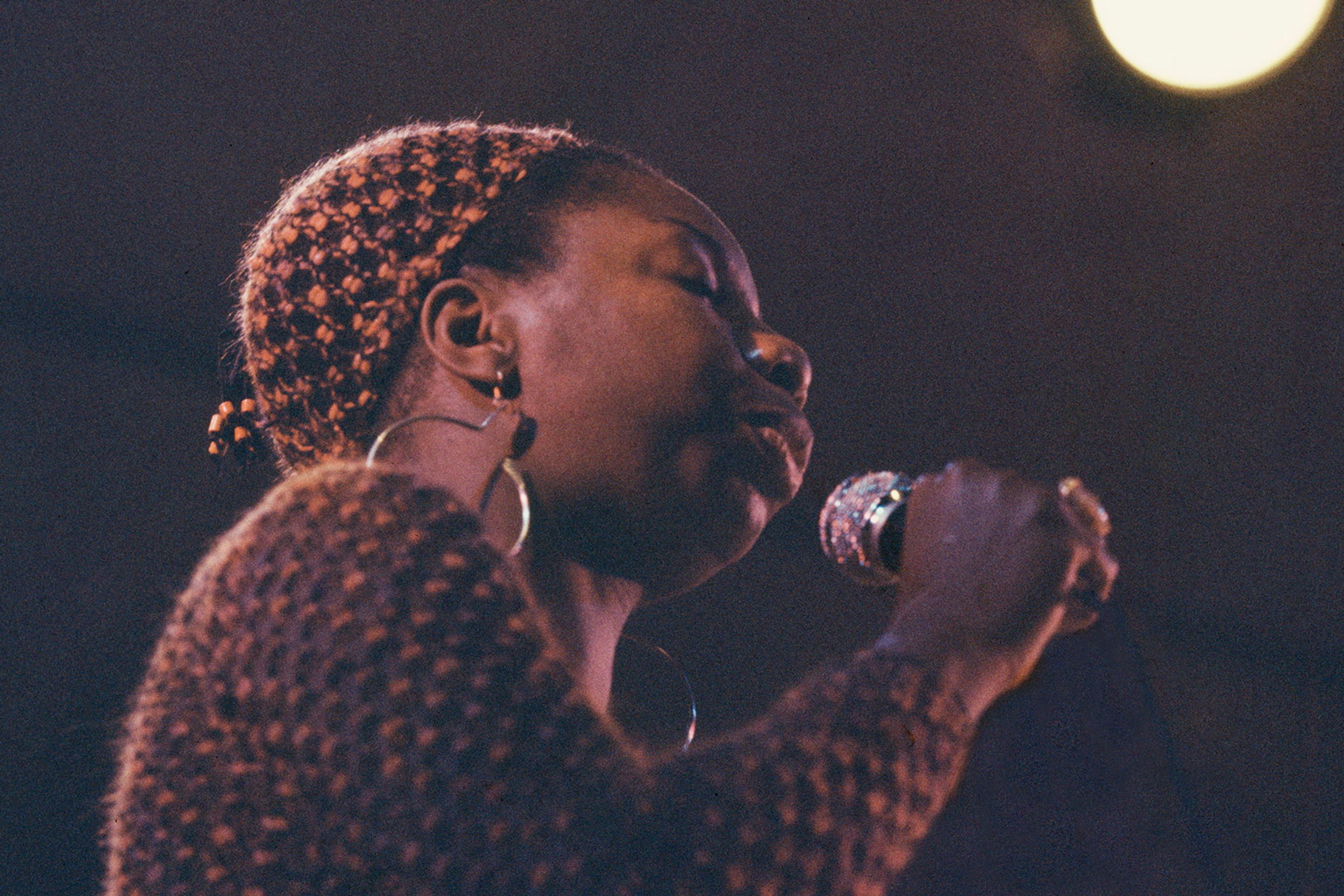
In new research, scientists have looked into the potential benefits of giving people with depression the aesthetic chills
by Shayla Love

Directed by Ellie Wen

My clinical work has shown me that happiness is a ghost that’s not worth pursuing – there are far wiser goals in life
by Rafa Euba
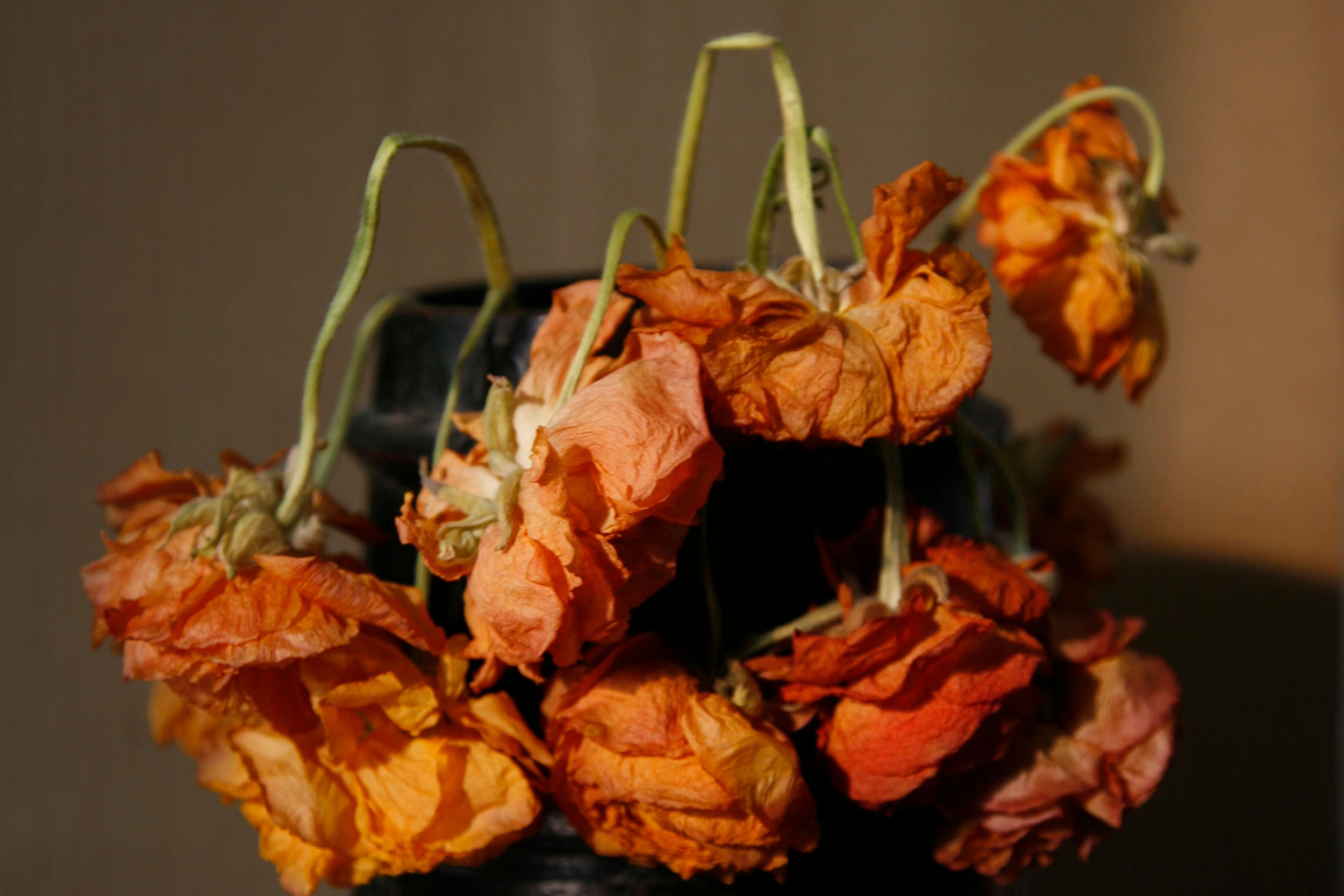
Understanding why negative views persist in the face of contradictory evidence could help inform depression treatment
by Tobias Kube

Directed by Harry Shaw
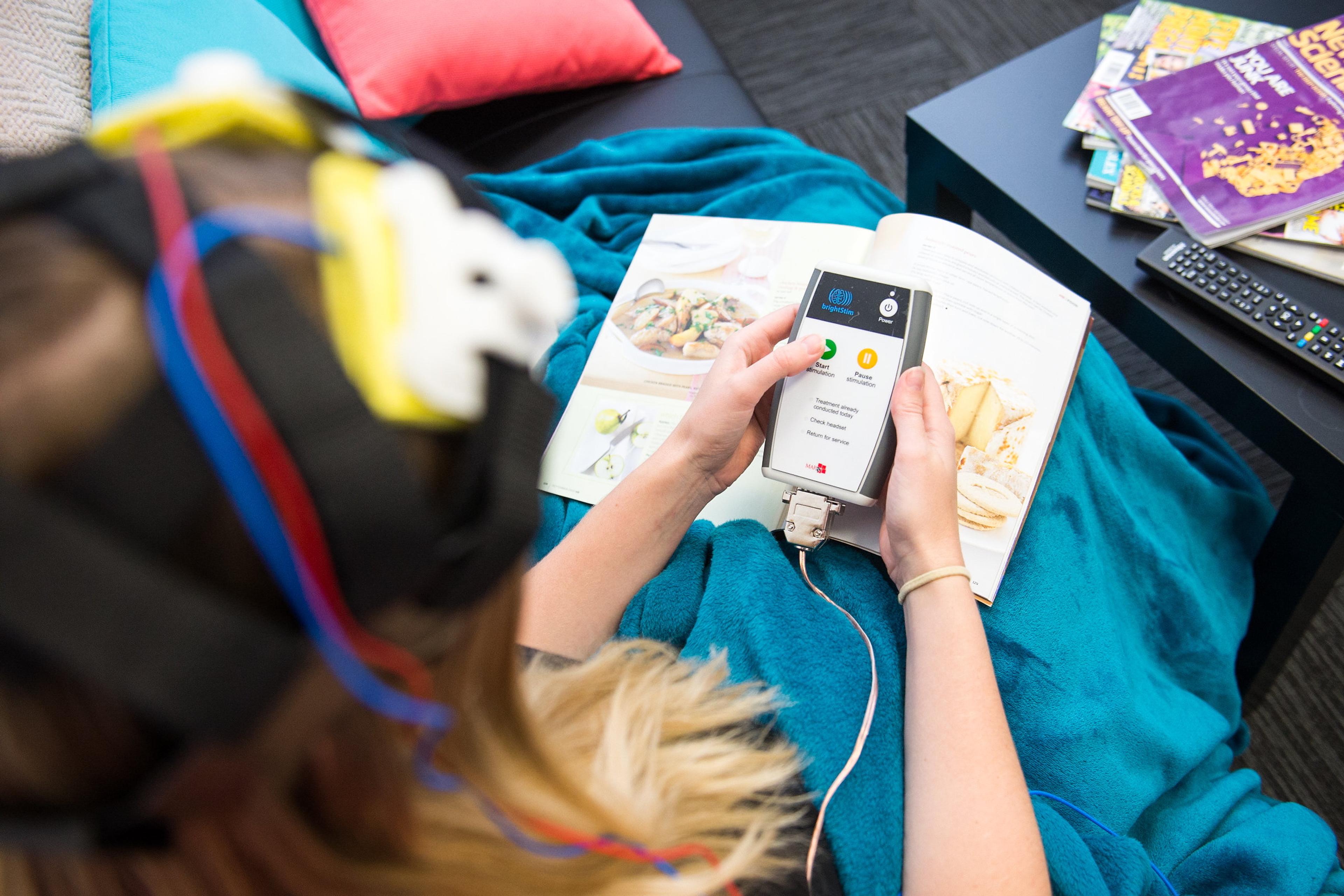
A form of personalised, at-home, brain-based treatment for depression is getting close – but is psychiatry ready for it?
by Paul Fitzgerald
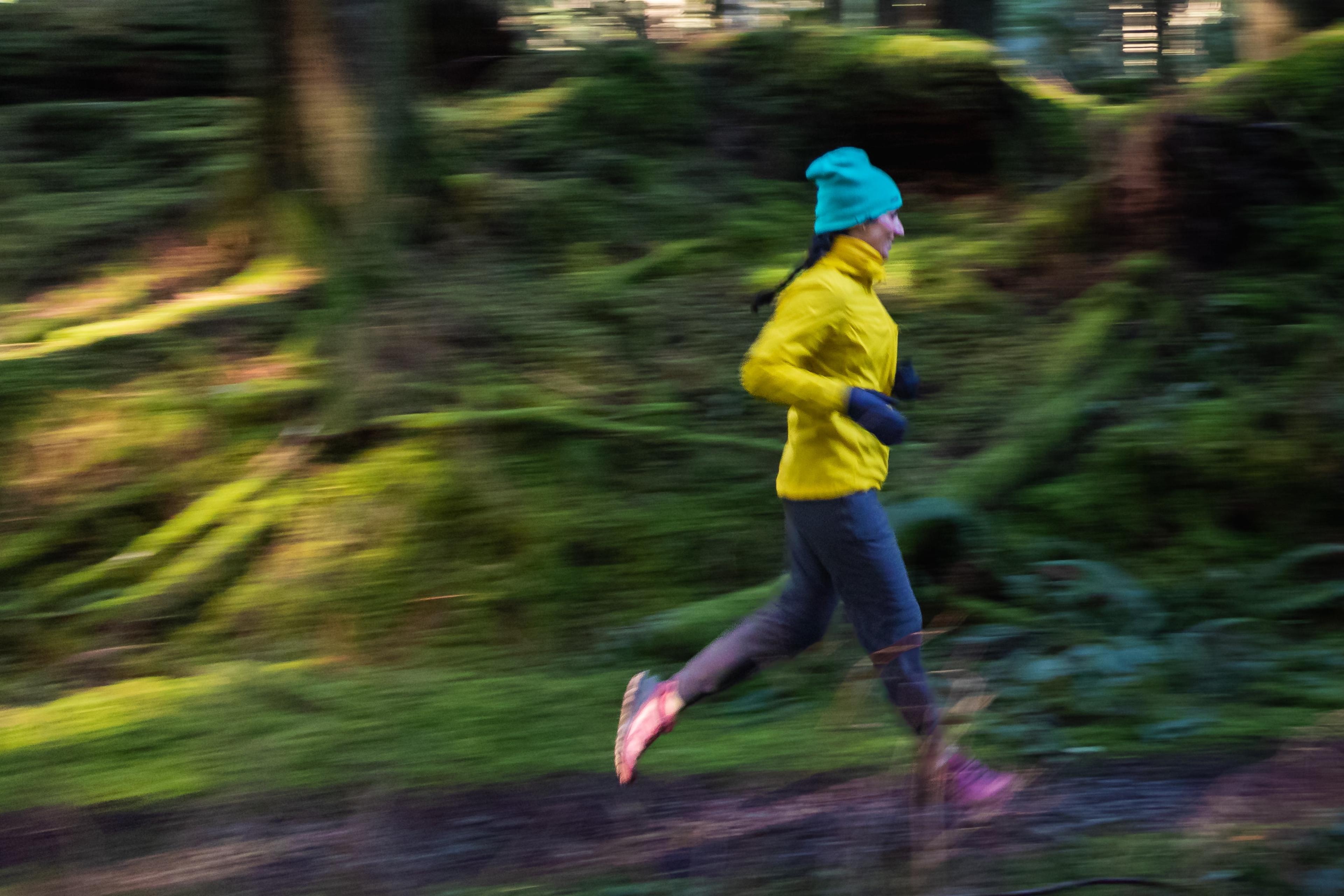
The long-term benefits of regular exercise for mood are well-known. What’s surprising is that just one session can help
by Matthew Bourke & Rhiannon Patten

For people with depression, anxiety and other conditions, reaching high wellbeing – not just recovery – is a real possibility
by Jonathan Rottenberg & Andrew Devendorf